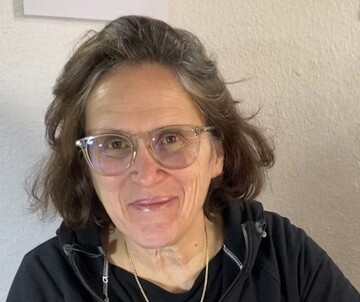


Thus, as opposed to interrogating a pre-existing archive, archival theory produces imaginative and material archival spaces in which archivists and researchers labour. At the base of this examination of archival theory is the assumption that theory produces the object it evaluates. This dissertation is interested in how archival theory-the theoretical work of archiving produced by archivists and, to a lesser extent, the modes of doing archival research deployed by researchers-tackles the colonial roots and routes of archives, archivists and archival theories and practices. In delineating how west Africans' embrace of photography was associated with and helped spur the democratization of political participation and the development of labor and liberation movements, Bajorek tells a new history of photography in west Africa-one that theorizes photography's capacity for doing decolonial work.

The proliferation of photographic imagery-through studio portraiture, bureaucratic ID cards, political reportage and photojournalism, magazines, and more-provided the means for west Africans to express their experiences, shape public and political discourse, and reimagine their world. Focusing on images created by photographers based in Senegal and Benin, Bajorek draws on formal analyses of images and ethnographic fieldwork with photographers to show how photography not only reflected but also actively contributed to social and political change. In Unfixed Jennifer Bajorek traces the relationship between photography and decolonial political imagination in Francophone west Africa in the years immediately leading up to and following independence from French colonial rule in 1960. Camera Ethica aims to revise current understandings of the Indies reforms by re-examining them through a significant yet neglected photographic source base, and in the process to introduce the Ethical Policy to a wider community of scholars on European colonialism. Yet despite the Ethical Policy’s ideological resonance and temporal coincidence with other forms of European liberal imperialism ¬– notably the “white man’s burden” of the Anglophone world and the French mission civilisatrice – the Dutch program in the Indies is little known outside a narrow specialist field. The reforms have a well-established intellectual history in the Dutch-language literature, where their social and cultural trajectory has conventionally been traced through the words and texts of (mainly Dutch) elites.

1901–1942), then the Netherlands East Indies. “Ethical Policy” (Ethische Politiek) is the term frequently used by historians to indicate the suite of liberal-developmentalist reforms debated and implemented by Dutch colonial elites in early twentieth-century Indonesia (c.


 0 kommentar(er)
0 kommentar(er)
